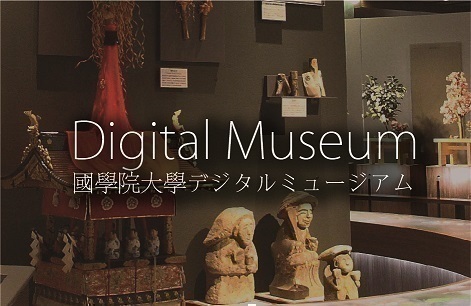- トップ
- Encyclopedia of Shinto
- Shirasu
Encyclopedia of Shinto
| Main Menu: | |
| Links: |
詳細表示 (Complete Article)
| カテゴリー1: | 7. Concepts and Doctrines |
|---|---|
| カテゴリー2: | Basic Terms |
| Title | Shirasu |
| Text | A verb meaning "to possess, to rule and to govern." Shirasu is a compound of the verb shiru, to govern, with the honorific verbal suffix su. There are numerous examples of its use as shirashimesu and shiroshimesu, meaning "to rule, to govern." There are many examples in Kojiki and Nihongi of shirasu being expressed using the characters 治すand知す, which both mean "to govern." These are used to mean "to rule" in reference to the wide expanse of sea (unabara), the Central Country of the Reed Plains (Ashihara no nakatsukuni, an ancient appellation for Japan), this phenomenal world (arawagoto), other countries, and so forth. Together with ushihaku, these terms express the concept of rule and governance. However, there are no examples of ushihaku in reference to the emperor. Thus, Motoori Norinaga and Suzuki Shigetani indicate that there is a difference of meaning between ushihaku and shirasu. In the Meiji era, Inoue Kowashi (1843—1895) interpreted it as the Imperial House Law transmitted from the dynastic founder Jinmu, and thus as being pertinent to royal governance. Since then, the term shirasu has been widely employed in the context of the establishment of the idea of kokutai, a term based on the concept of imperial rule, to refer to the way a ruler governs. See Ushihaku — Fukui Yoshihiko |




